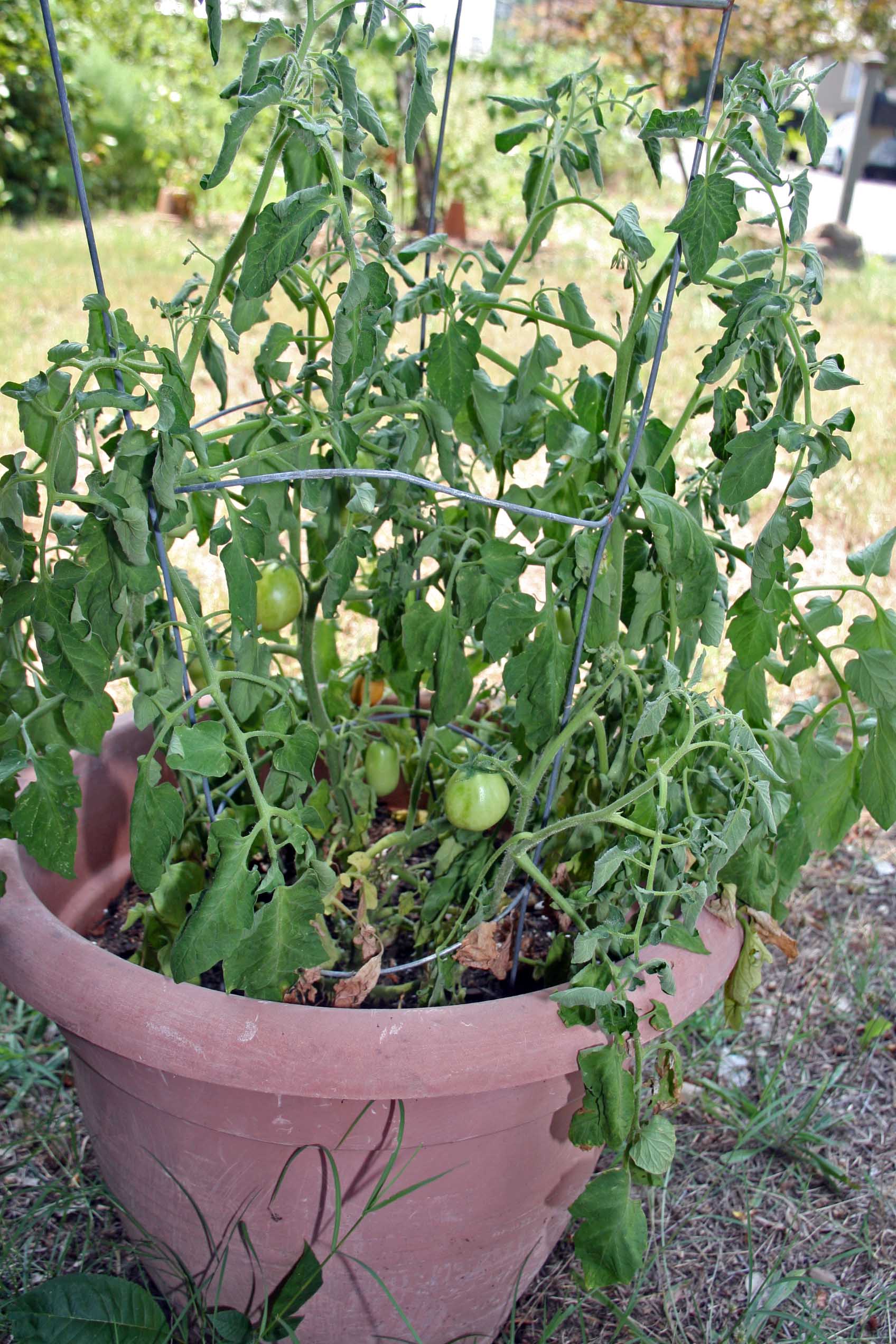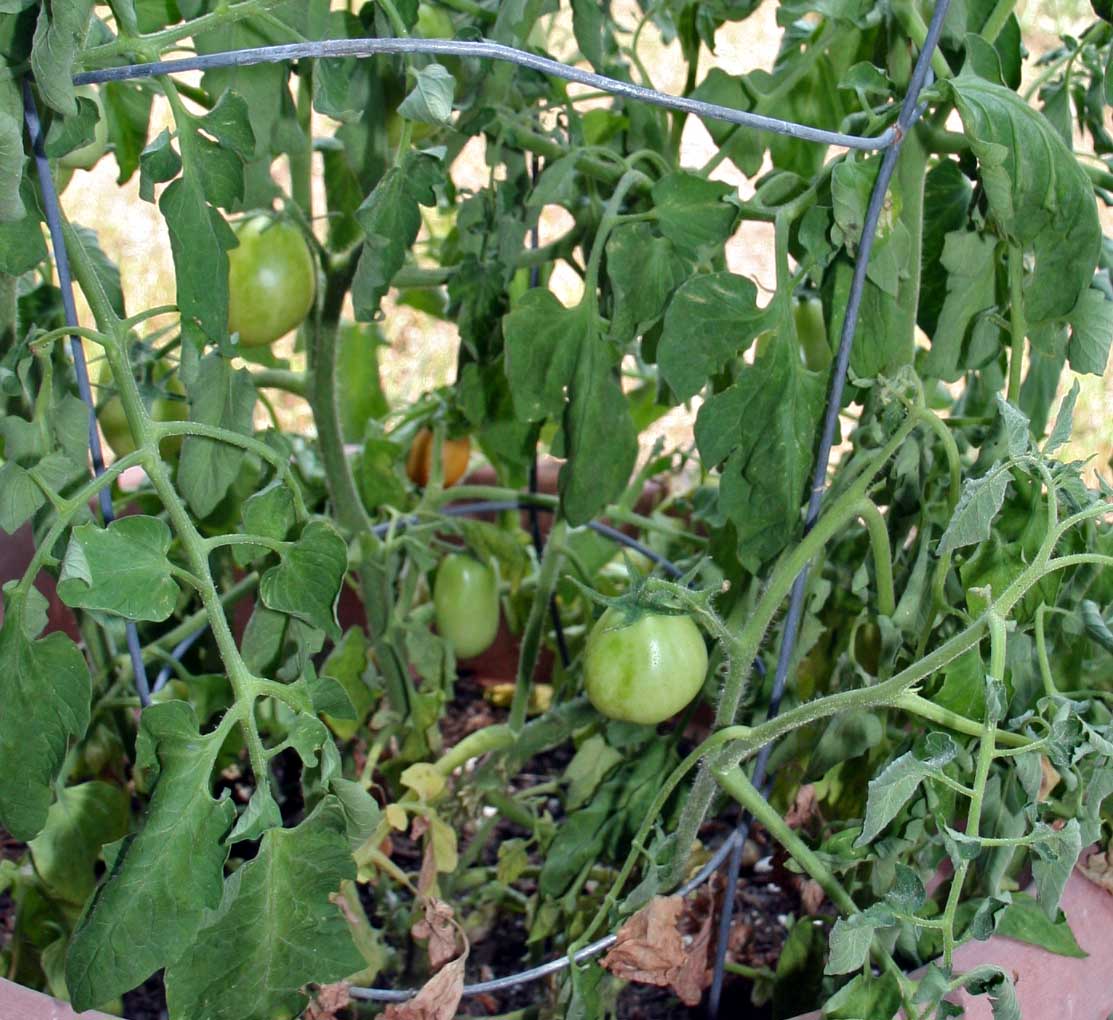When temperatures start heading into 3-digit territory, even the most sun-loving plants can start suffering from the effects of Georgia’s mid-summer sauna.
Excessive heat not only increases the amount of water a plant needs each day, it can also cause the plant to become less productive and more susceptible to insect damage.
“Heat can cause blossoms to drop, and sometimes you’ll see a decrease in pollinator activity,” said Sheri Dorn, coordinator of the Georgia Master Gardener Program. “Those will both impact your fruit set and ultimately plant yield.”
Dorn doesn’t recommend sticking a fan out in your garden or bringing your plants inside to spend time with you in the air conditioning, but there a few ways you can help your vegetable garden beat the heat.
Planning ahead
One of the best and easiest tactics is to think about the late summer when you’re laying out your garden in the early spring.
An ideal garden spot will have 6 to 8 hours of bright sun but benefit from the shadow of a tree, or even a fence, during the late afternoon.
“This is the easiest way to protect plants from the summer heat, but obviously it takes a long time to grow a tree — so it might not help this summer,” she said.
Last minute solutions
One good thing about a container garden is that you can move the pots into shade in the afternoon if the plants start to look a little sunbaked.
“However, once you get any sizable fruit on the plant you need to be very careful because they can fall off when you're moving the pot,” she said.
Alternately, gardeners could take a cue from large production growers and spread shade cloth over their most delicate blooms or vegetables during times of extraordinary heat. It may be time consuming and messy-looking, but it could protect your harvest, she said.
In studies done by faculty at the University of Georgia College of Agricultural and Environmental Sciences, researchers found that 30 percent shade cloth worked best to improve the production of delicate plants like bell peppers.
Athens Master Gardener John Aitkens added that plants can sometimes shade themselves.
After years of clipping the suckers off of his tomato plants, he let them go this year. The shade created by the extra leaves has made a world of difference on the number of tomatoes he’s seeing and for the health of the plant, he said.
Mulching is key
Aitkens gave a presentation on vegetable gardening during the summer, as part of the Lunch and Learn Series at his local library, just as this most recent heat wave was starting. Based on the questions that people asked at the presentation, he believes that the biggest problem facing plants during the summertime is irregular watering and unmulched beds.
Unmulched beds can let water evaporate from the soil before plants have a chance to absorb it, and irregular watering can cause serious stress on plants, he said.
In the last year he has become a serious advocate of soaker hoses and irrigation timers. The regular and adequate moisture, with a thick layer of mulch, has kept his vegetable garden healthy this year despite the record-setting temperatures.








